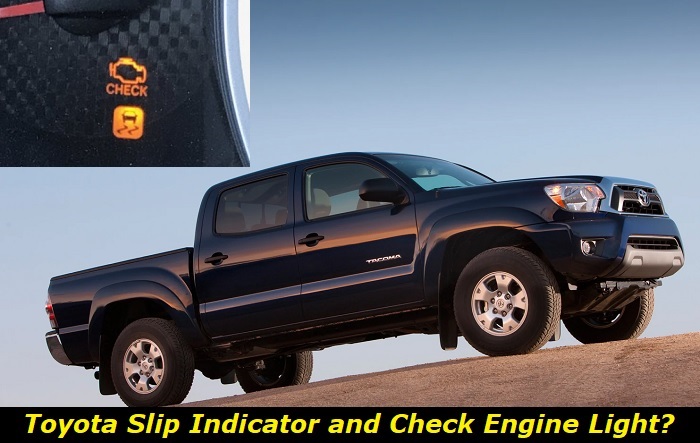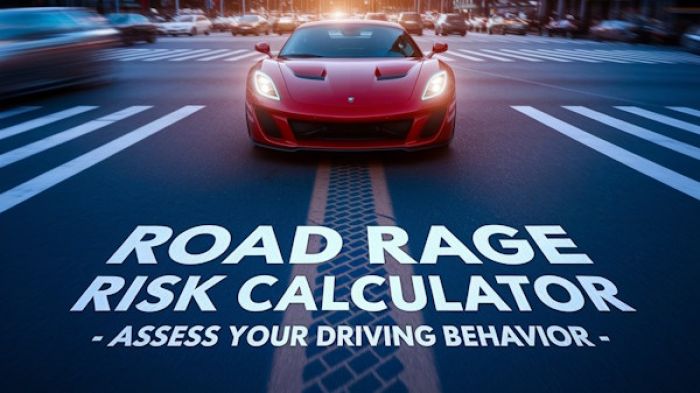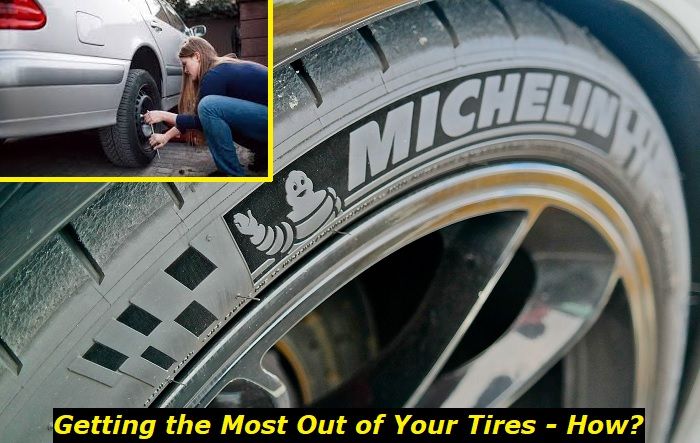Warning lights can be quite frustrating. Especially these days, when cars are more and more complex and have more and more sensors and electronics fitted to them. No matter what vehicle you drive, you are never safe from getting any warning lights in the instrument cluster. Yes, even on a Toyota, which is regarded as one of the brands with the most reliable vehicles out there.
Traction Control Off light highlights
- Common reasons:issues in traction control function
- How to fix:disconnect the battery for some time, read the codes
- Possible consequences:vehicle's behavior may change
- Priority level:High
- Can you drive?Carefully
- DIY repair:Impossible
- Repair price range:$200-$850

What causes these warning lights to appear in the instrument cluster?
As always, whenever there is a warning light in the instrument cluster, the best thing to do is to take a diagnostic. Warning lights can mean so many things, that it makes it almost impossible to guess what the actual problem is.
In the case of Toyota vehicles, things get a little bit more interesting. On cars equipped with VSC (Vehicle Skid Control), the slip indicator might be triggered because of a fault related to the way the engine works and not necessarily because of a fault in the VSC system.
This is a safety measure since the stability and traction control not only control the braking of the vehicle, but also the acceleration, which is related to the engine, and if it isn't performing how it should, the VSC might also fail to perform properly, potentially doing more harm than good. However, this does not exclude situations in which there's an actual fault in the system.
Here are some of the reasons that could cause the slip indicator and check engine light to appear in the instrument cluster:
- Blown fuse
As always, with almost any electrical issue, you should check the fuses related to what your problem might be. This will often save you quite a lot of money since it might be the cause and not an actual faulty component.
- Bad battery
A battery that is on its last legs might trigger all sorts of warning lights in the instrument cluster since there will not be enough electricity getting to certain electrical components. When was the last time you checked or replaced yours?
- Engine misfire
This is something very general, but an engine misfire will almost certainly trigger a check engine light. Many components should be checked, but the main ones are the spark plugs, ignition coils, and fuel injectors. Also, check for vacuum leaks, since they are often the cause of rough running and misfires.
- Faulty O2 sensors
The O2 sensors are very important when it comes to the way the engine is running and they will almost always throw a check engine light. You should definitely check them since they are emissions related and your vehicle might not pass the emissions test if they are faulty.
- Bad alternator
Just like in the case of a bad battery, if the alternator is not charging as it should, it can trigger all sorts of warning lights in your instrument cluster.
- Bad wiring/connectors
As always, electrical components have wires and connectors and they are prone to failure, especially if exposed to heat or moisture. They also become a lot more brittle with age, so keep this in mind too, especially if the vehicle you're dealing with is a bit older. Wiring can take quite a lot of your time to check and troubleshoot, so you should prepare yourself in advance, as this isn't a job for the faint-hearted.
- Faulty ABS rings
Each wheel comes with its own ABS ring and if one of them were to become damaged, you will almost certainly notice a warning light in your instrument cluster. Usually, you will see the ABS warning light, but it is not excluded for the slip indicator to also make its appearance.
- Faulty wheel speed sensors
These sensors not only tell you the speed at which you are traveling, but they also tell the PCM if one wheel spins faster than the other one, in which case it will realize that there are traction issues. If they are not working properly, they might send the wrong data to the PCM and you might see both the ABS and VSC lights in the instrument cluster.
- Damaged ABS module
A damaged ABS module will result in your ABS not working as it should, in which case you will almost certainly get VSC and ABS warning lights.
- Faulty PCM
The powertrain control module (PCM) controls many factors of a vehicle, including the way the VSC works. It can be thought of as the brain of the vehicle. If it were to fail, you might get all sorts of warning lights, such as the check engine and slip indicator lights. They usually fail a lot less often than the other components, but they are not bulletproof.
How to fix the problems?
As always, fixing such issues must begin with performing a diagnostic. Since there are so many factors involved in this problem, there is no point in simply trying to guess what the issue is or just replacing parts one by one until the problem goes away.
Once you find out what the error codes are, the troubleshooting process should become a lot easier. We advise you to start fixing first the issues related to the way the engine is running since they seem to be one of the most common reasons for which the slip indicator appears along with the check engine light on vehicles made by Toyota.
Remember to also check the battery and alternator before rushing to buy parts, especially if you've also noticed other strange issues, such as flickering lights or difficult starting since they might be the actual culprits.
Most of these problems can be fixed by DIY enthusiasts at home, but we do not recommend you to try and mess with them if you do not have any prior experience, since you might do more harm than good.
While a specialized shop might charge you more than you would have expected, the specialists will almost certainly be able to tell what your actual problem is, without wasting any money and without damaging other components that were previously working just fine.
How to avoid problems in the future?
Avoiding problems mainly consists in performing regular services and check-ups of your vehicle. It is important to check that the battery and alternator are working how they should from time to time and also replace the spark plugs at the recommended interval by the car's manufacturer. These simple operations can save you quite a lot of money in repairs later.
Another thing to take into account would be that components such as the wheel speed sensors and ABS rings are constantly exposed to weather, which can interfere with the way they are working. If the vehicle is exposed for long periods to humidity or salty roads, for example, the chances of the aforementioned components failing are greatly increased.
Don't get us wrong, you shouldn't take the bus every time there is a little bit of rain out there, but it would be best to avoid driving in such conditions as much as possible. While it might be fun going into deep mud or snow in your Tundra, it will also be not so much fun when problems occur.
Is it safe to drive like this?
You have to keep in mind that there are safety systems such as the stability and traction control we are talking about. They are very useful and if they are not working as they should, the vehicle might perform in a very strange way. Even though you might think of yourself as a very experienced driver, vehicles with faulty VSC or ABS systems will often perform differently than ones that haven't been equipped with such systems in the first place.
Going back to the question, the answer has to be a solid no. Have the issue fixed as soon as possible, since it's always better to be safe than sorry.
Final thoughts
Even if they might not seem related, the link between the slip indicator and the check engine light is much stronger than you might have thought. It is important to fix this issue as soon as possible since it can become quite dangerous to drive in these conditions. After all, those safety systems are there for a reason, right?
About the authors
The CarAraC research team is composed of seasoned auto mechanics and automotive industry professionals, including individuals with advanced degrees and certifications in their field. Our team members boast prestigious credentials, reflecting their extensive knowledge and skills. These qualifications include: IMI: Institute of the Motor Industry, ASE-Certified Master Automobile Technicians; Coventry University, Graduate of MA in Automotive Journalism; Politecnico di Torino, Italy, MS Automotive Engineering; Ss. Cyril and Methodius University in Skopje, Mechanical University in Skopje; TOC Automotive College; DHA Suffa University, Department of Mechanical Engineering






Add comment